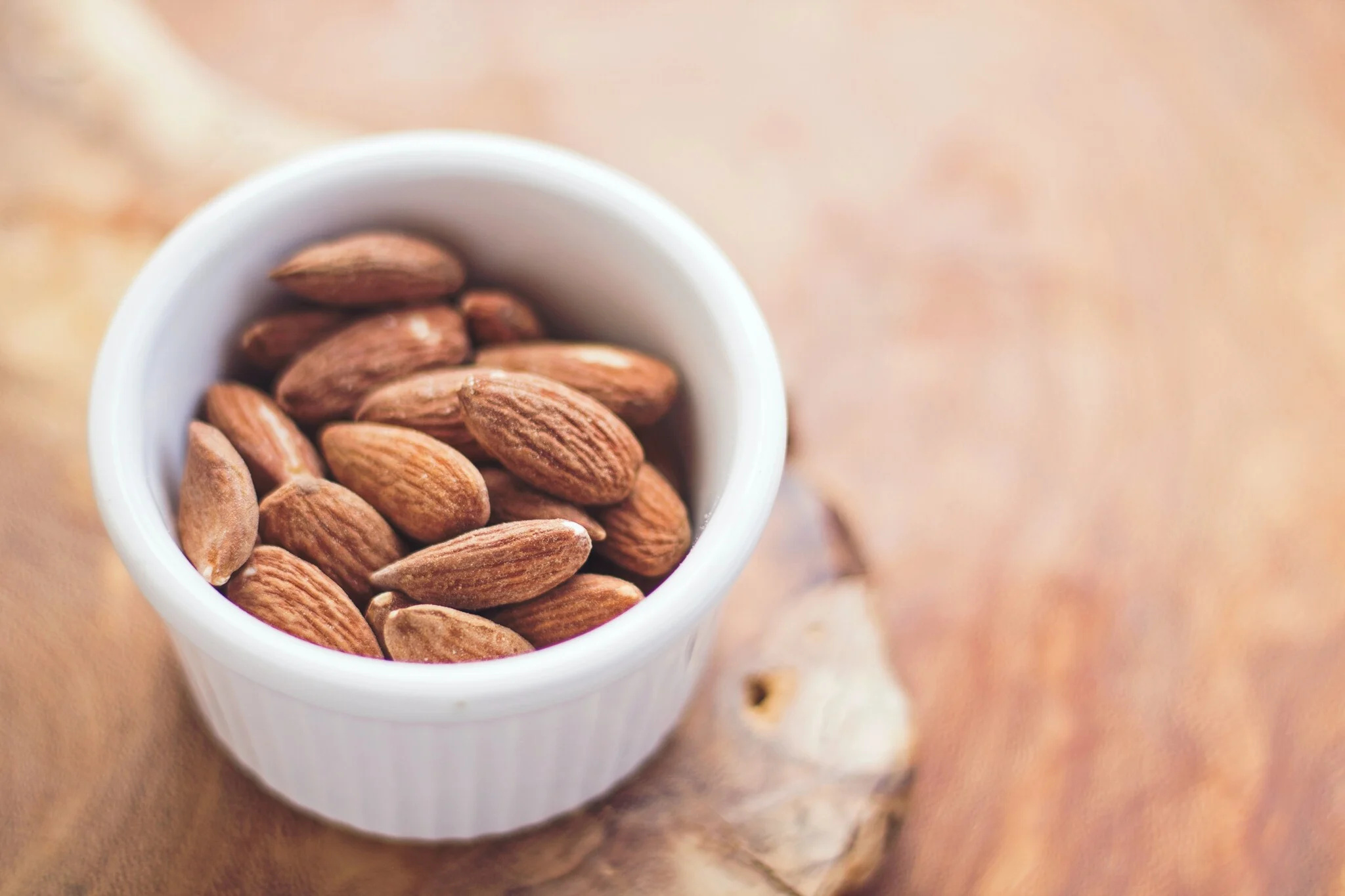Expiration Date: What You Need to Know About Products
- Posted on
- By Renee Zuidwijk
- Posted in Best Before

Expiration dates, also referred to as expiry dates, are indications on product packaging that specify until when a product maintains its optimal quality and safety. They are intended to assist consumers in determining how long a product can be consumed or used.
There are two common notations for the expiration date of products: "THT" and "TGT."
1. THT stands for 'ten minste houdbaar tot' (at least durable until) and indicates the minimum durability date.
2. TGT stands for 'te gebruiken tot' (to be used by) and marks the ultimate consumption date.
While there is a distinction between these designations, it is important to note that they only apply to sealed packaging.
Best Before End: BBE
In simple terms, the statement 'Best Before End' means that it is safe to consume the product even after that date.
- If the day, month, and year are specified in the expiration date, you have an additional three months after that date to consume the product.
- If only the month and year are indicated, you have up to 18 months after the expiration date.
- If only the year is mentioned on the packaging, it is acceptable to use the product for more than 18 months. However, be cautious as the quality may gradually diminish. For example, coffee may lose its flavor, and dry products like chips and cookies may become less crispy.
Use by:
The term 'Use by' applies to many products stored in the refrigerator, such as fresh fish, fresh meat, or deli items. Once this date has passed, freezing is no longer recommended. Pay special attention to eggs, ground meat, and cheese.
Best Before End products with expired date:
It is important to note that the expiration date, especially the "Best before end" (BBE) date, is generally an indication of quality rather than safety. This means that many foods can still be edible after the BBE date, but the quality may decline. Here are some examples of foods that are often safe to consume after the BBE date, depending on storage conditions:
1. Dry products:
- Rice
- Pasta
- Cereals
- Flour
2. Canned products:
- Beans
- Tomato paste
- Soups
- Vegetables
- Meat
- Fruit
3. Dried foods:
- Dried fruits
- Nuts
- Dried fruit
- Milk powder
4. Cookies and crackers:
- Cookies
- Crackers
5. Herbs and spices:
- Dried herbs
- Spices
6. Coffee and tea:
- Ground coffee
- Tea bags
However, it is crucial to carefully assess food quality and safety. If the packaging is damaged, there are signs of spoilage such as mold or unusual odors, it is wise to discard the product. Always rely on your senses (sight, smell, taste) to assess the freshness of food, even if the THT date has passed. When in doubt, it is advisable to be cautious and refrain from consuming the product.
